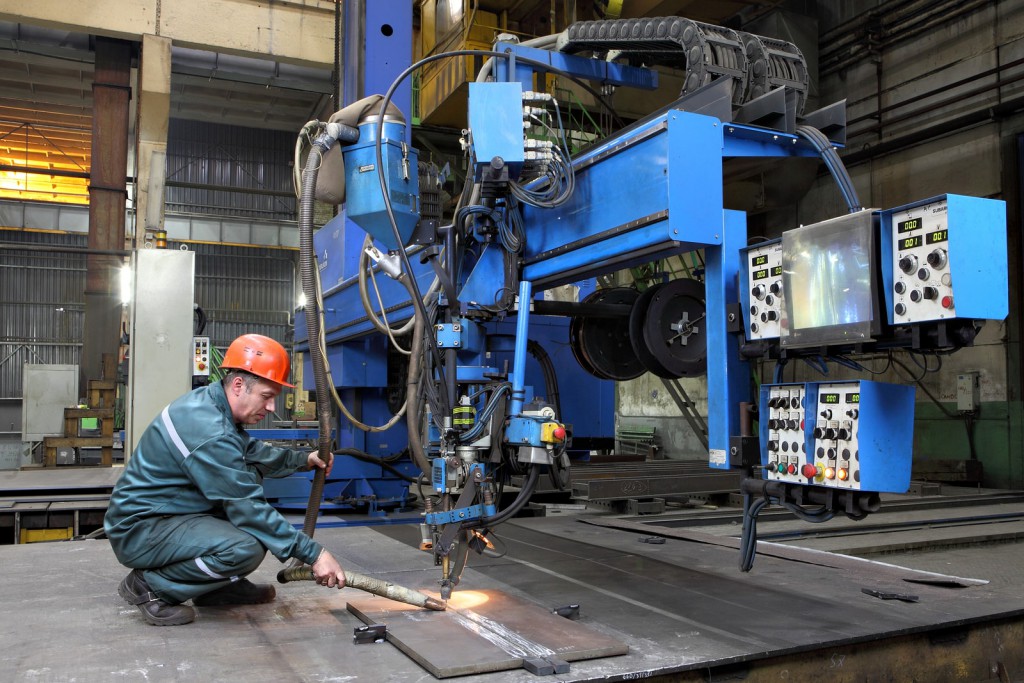Machines and computers aren’t eliminating jobs, but they are requiring workers to learn new jobs and change their way of working.
That’s the results of a new study by James Bessen published by the Boston University School of Law.
Bessen, an economics professor at the law school, analyzed how jobs adapted to the use of machines in dozens of industry sectors between 1980 and 2013. He concluded that computers are creating just as many jobs as they are replacing, but automation requires people to learn new, more advanced skills.
In other words, computers won’t steal your job, but a more skilled person might.
Overall, jobs have grown faster in industry sectors that use computers than in those that don’t. Computers haven’t replaced workers but have shifted the type of jobs that are in demand. For example, there are fewer typesetters but more graphic designers and desktop publishers.
You Might Also Enjoy: Boomerang Workers Prove the Adage: Don’t Burn Your Bridges
The study, published in November, found that jobs that use computers to replace or assist labor are more likely to increase demand for their service and create new positions. The research cited several examples of jobs that were disrupted because of machines.
Consider bank tellers. The proliferation of ATM machines could have wiped out the profession but instead led to considerable growth in the late 1990s and early 2000s. Fewer tellers meant banks were able to operate branches more cost effectively, thus allowing them to open more locations. At the same time, tellers’ jobs shifted from routine duties to more advanced ones, such as marketing and customer service.
The same happened to store cashiers. The number of clerks has grown since scanners were introduced even though checkout times sharply decreased.
Over the next 20 years, about half of U.S. jobs will be radically changed by computers, according to a separate study by Oxford University in 2013. Bessen concurs but says jobs that involve human interaction will always be in demand.
What may be most challenging to today’s workforce, he said, isn’t getting replaced by a computer but learning the skills needed to use new technology.






